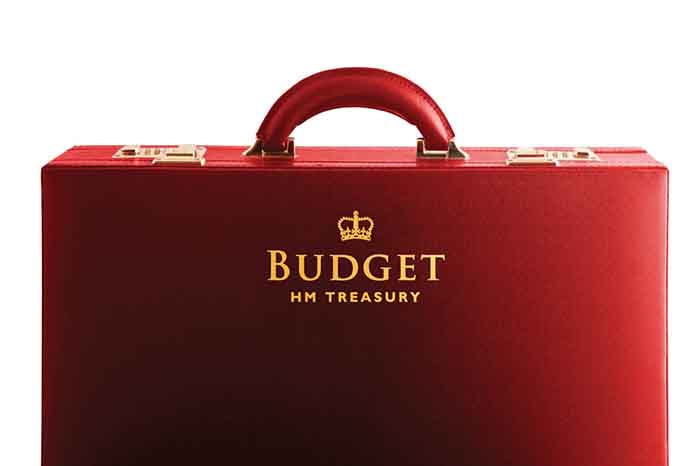Buried within the budget announcement was a pledge to publish a second version of the Investment Management Strategy, a first version of which was published by former-Chancellor George Osborne in 2013.
The updated document, which has no set date for publication as yet, will include “actions to be taken forward in close collaboration with the industry” on skills, fintech and international engagement.
It will also look at taking innovative investment strategies to the mainstream.
The previous strategy focused on streamlining taxation, improving regulatory standards and expanding the marketing approach of the industry.
Economic outlook
The UK economy took a hit after the Office for Budget Responsibility (OBR) revised down its forecast for growth in each of the next five years, with GDP growth expected to be 1.5% this year rather than the previously-predicted 2%.
Growth is expected to remain stagnant up until 2022 according to the OBR, at 1.4% in 2018; 1.3% in 2019; 1.3% in 2020 and 1.5% in 2021.
Productivity growth was also expected to take a hit from low growth, forecast at just 1.1% over the next five years.
Hammond could boast some good news, however, with the OBR also forecasting borrowing will drop by £3.75bn a year.
The deficit has continued to fall, the OBR said, and revised borrowing down for 2017/18 by £8.4bn, to £49.9bn.
Neil Birrell, CIO at Premier Asset Management, said: “The impact on markets is probably limited, but the downgrades to growth and comments on inflation are mildly negative for sterling and are likely to temper expectations for further interest rate rises, so somewhat positive for equities and bonds.
“The cost of Brexit is rising with the divorce bill seemingly going up and the increased amount being put to one side in the budget testament to that. The UK economic outlook remains a concern.”
Enterprise investment
In what Alex Davies, founder of Wealth Club, called an “unexpectedly” good budget for investors in Enterprise Investment Schemes (EIS), the sector received a welcome boost from the Chancellor.
The annual allowance for people investing in “knowledge-intensive” companies through an EIS will be doubled, and the annual investment those companies can receive will also double.
The changes should unlock £7bn of investment, Hammond said.
Up-and-coming fund managers will also be supported through a new Enterprise Capital Fund programme, a £1.5bn scheme and overseas investment in UK venture capital will be backed with £1bn of funding from the Department for International trade.
Davies said: “It rewards entrepreneurial companies and investors who are prepared to take some risk to support British business. While there will be restrictions on some capital preservation focused products, investments made in the spirit of EIS will benefit burgeoning business and their investors.
“With all the changes to pensions beginning to bite this type of investment is only going to grow in popularity.”
Key announcements
- Stamp duty for first-time buyers of homes under £300,000 will be scrapped, as will stamp duty on the first £300,000 of a house worth £500,000 or less.
- An extra £3bn has been put aside to assist the Brexit negotiations and ensure the “best possible outcome” for the country.
- The NHS is to receive an additional £10bn in funding for frontline services. An emergency injection of £2.8bn will also be dripped in, with £350m made available for health trusts to plan for this winter.
- Pledges were made to reduce waiting times for people claiming Universal Credit, and to make it easier to access emergency funds while an application is processed.
- A change to align business rates with CPI rather than the higher rate RPI has been brought forward two years to April 2018.
- Hammond pledged to legislate to allow councils to charge a 100% council tax premium on houses left empty.
- Duty on wines, spirits and beers is frozen.
- Personal tax allowance increases to£11,850 from next April; the higher threshold increases to £46, 350.
- The National Minimum Wage will rise from £7.50 an hour to £7.83 an hour.










